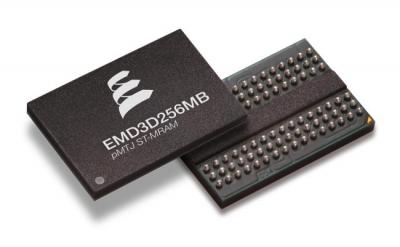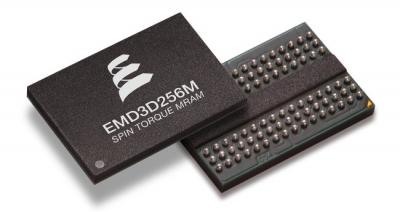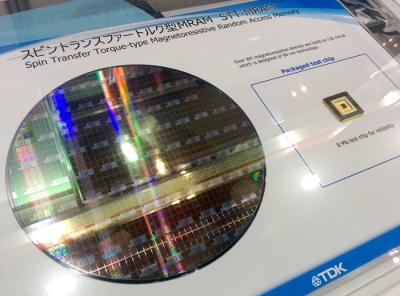Global Foundries to offer Everspin's PMTJ STT-MRAM as an embedded memory solution
Everspin announced that its perpendicular (pMTJ) STT-MRAM memory is going to be deployed by Global Foundries as an embedded 22nm memory. Everspin licensed its technology global foundries which will offer this as part of its 22FDX platform.

The 22FDX platform targets emerging applications such as battery powered consumer devices, IoT, Advanced Driver Assistance Systems (ADAS) and Vision Processing. Customers of Global Foundries will now be able to embed MRAM memory in next-generation SoC and MCU based producers.












